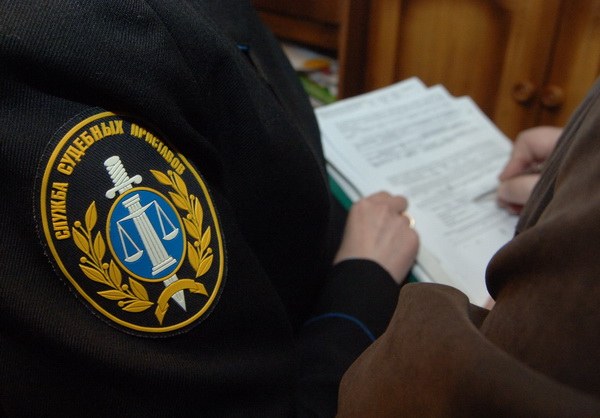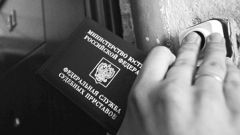Instruction
1
The complaint can be submitted in any written form. In the header please write "complaint" or "complaint against the actions/inaction of the judicial police officer". You must specify the title, initials and surname. In the main part of the complaint should enumerate the facts of the case, and be sure to put all dates. The grounds on which the appeal is against the actions/omissions of the bailiff can serve as excerpts of the law in which your rights have been violated, or the existence of specific facts supporting their breach. At the end of the complaint should be very clear to list what you want to appeal the decision of the court or a wrongful act/omission of a bailiff.
2
The complaint must contain: the surname and initials of the individual or organization submitting it; the place of residence (stay) of the citizen or location of the organization; power of attorney and certificate of authority. If the applicants did not provide the documents proving their powers, in consideration of the merits may be denied.
3
In accordance with the law, everyone has the right to appeal against actions/inaction of the bailiff in the courts. But it is a very long and costly procedure. You should start with the bailiff, who shall within 3 days to send your complaint to a higher official of the bailiff service. Or just serve it to the chief of Department of court bailiffs, which within 15-30 days must send you a response in writing. You can try to file a petition in the Office of the Federal bailiff service of Russia, which is not interested in lowering indicators of their work, so these complaints usually significantly accelerate the process of execution of court decisions.
4
If this does not help, you have to go to court. Complaint filed with the district office of the court where the bailiff performs his duties, within 10 days from the date of the act (refusal to take action) or from the date when the debtor, the creditor and the bailiff - executor, is not notified of the place and time of committing the actions of a bailiff - was know about him.
5
The claimant, the debtor and the bailiff get a copy of a decree of a court decision. The decision entered into legal force, shall be enforceable. It is considered to be executed after committing the bailiff of the Executive action, which ordered him to court. Unfortunately, this court decision is not always enforced. Therefore, it is desirable that the enforcement proceedings were accompanied by a qualified representative.











